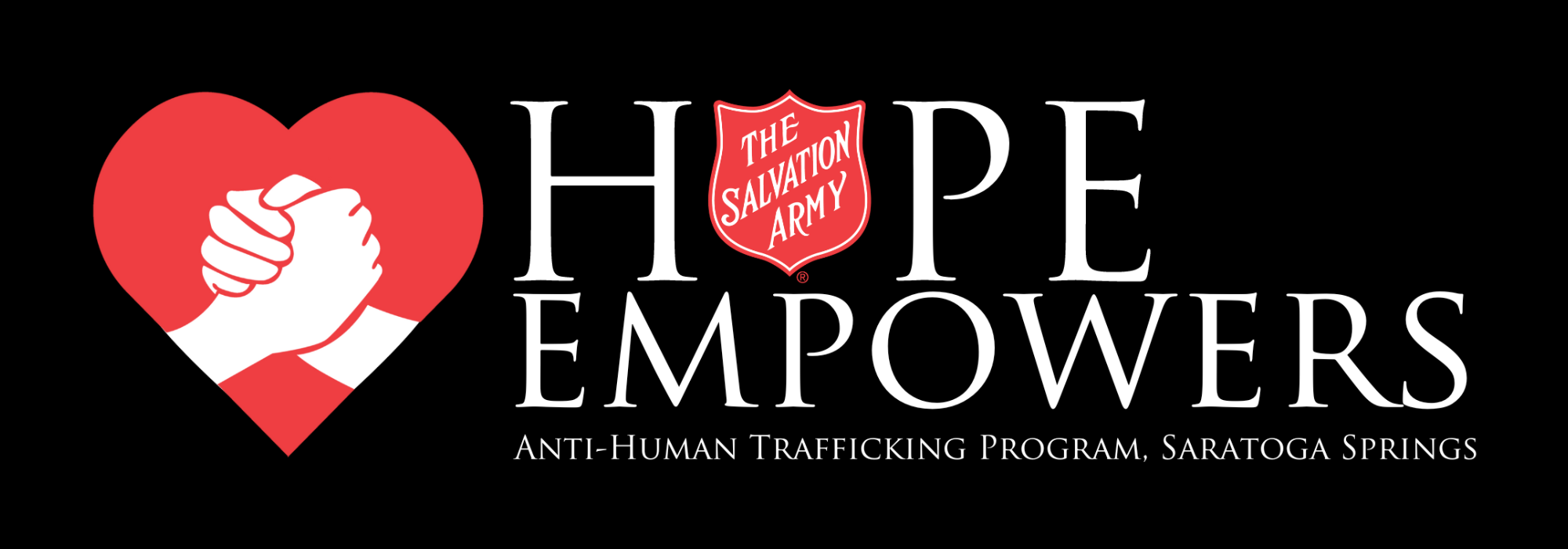-
Anti-Human Trafficking
Never Miss a Chance to Do the Most Good
Please enter your name, email and zip code below to sign up!
-
Partner With Us
Never Miss a Chance to Do the Most Good
Please enter your name, email and zip code below to sign up!
- Stories
-
National Donut Day
Never Miss a Chance to Do the Most Good
Please enter your name, email and zip code below to sign up!
-
2024 Belmont Stakes Racing Festival Fundraiser
Never Miss a Chance to Do the Most Good
Please enter your name, email and zip code below to sign up!
Never Miss a Chance to Do the Most Good
Please enter your name, email and zip code below to sign up!
Never Miss a Chance to Do the Most Good
Please enter your name, email and zip code below to sign up!
Never Miss a Chance to Do the Most Good
Please enter your name, email and zip code below to sign up!

Donate HERE to help those impacted by Human Trafficking
Anti-Human Trafficking Program
Human trafficking is a problem across the nation and right in our backyards. It’s a secretive and cunning crime that is hidden in plain sight. It is important that we all know what signs to look for, how some are especially vulnerable to it, and what options are out there for assistance. Our program intends to offer options to trafficking survivors, giving them the power and opportunity to make decisions to set their lives in the direction of their own choice. The problem includes both labor trafficking and sex trafficking and can look different than you may expect. In fact, each situation can differ greatly from others.
Labor Trafficking: Recruiting or obtaining a person for labor or services by force, fraud, or coercion for the purpose of involuntary servitude (OVC TTAC, n.d.)
Sex Trafficking: Recruiting, obtaining, patronizing, or soliciting a person for the purpose of a commercial sex act (OVC TTAC, n.d.)
The Trafficking Victims Protection Act (TVPA) has established assistance for victims of trafficking offering protection to victims and survivors while prosecuting traffickers. As the TVPA intends, the Saratoga Springs Salvation Army, Anti-Human Trafficking Program is working to offer prevention through public awareness campaigns and partnering to enable victims and survivors to gain their voices and empower their choices. Trafficking is often misunderstood; therefore, public awareness and education are essential to prevention. Recognizing your own personal bias on trafficking will help you to see signs of trafficking more clearly.
Signs of Trafficking
There are physical, behavioral, and environmental indicators of both labor and sex trafficking. These include the following:
Physical Indicators
- untreated injuries
- bruising or burns
- exposure to toxic chemicals
- respiratory issues
- multiple pregnancies
- physical impact of long-term trauma
- sexually transmitted diseases frequently treated
- physical and sexual abuse
- dental issues
- tattoos, burns, or scarring.
Behavioral Indicators
- Confusing and contradicting stories
- inability to focus or concentrate, unaware of location, age, or time
- protects the person who hurt them
- minimizes abuse
- guilt and shame about abuse experience
- avoids interaction
- provides limited information
- psychological trauma
- depression/anxiety disorders
- children sexually acting out
- knowledge and behavior not typical to the person
- fear of appointments
- report the need to update the spouse, significant other, or friend
Environmental Indicators
- Accompanied by another person who answers questions for them preventing them from speaking freely.
- Constantly accompanied by a person- they won’t leave them alone.
- In a school setting- changes in behavior, no longer coming to school or wearing the wrong clothes based on the season.
- Living at work or in overcrowded locations.
- Not allowed breaks, eat or drink at work.
- Recruited for different work than they are doing.
- Minors who are homeless.
- Sexual harassment at work.
(NHT TTAC)
Vulnerability to Trafficking
Adverse Childhood experiences (ACEs) affect an individual’s vulnerability to trafficking. These adverse childhood experiences include a history of physical abuse, lack of access to health and mental health services, social stigma, social exclusion, and systemic inequalities. They are risk factors that cause an individual to be susceptible to the fraud, force, and coercion of traffickers. Often those that recruit for trafficking are intimate partners or family members. Other peer-related recruiting occurs through relationships from jobs, youth sports teams, gangs, and extracurricular activities.
Options for Assistance
Victim’s and survivor’s rights include:
- The right to be made aware of legal and social assistance.
- The right to access safe, emergency housing and funds.
- The right to services to obtain vocational training and long-term housing.
- The right to mental health services.
(OVC TTAC)
If a survivor moves forward with reporting a crime:
- The right to be notified of how to apply for crime victim compensation.
- The right to be notified of significant legal proceedings in the criminal justice system regarding their traffickers.
- The right to be accompanied to all criminal proceedings by an advocate or supportive person.
- The right to receive notice of a defendant’s release.
(OVC TTAC)
If you or someone you know was frauded, forced, or coerced into a situation you didn’t agree to or are uncomfortable with, please, call (518) 742-0272 or (888) 373-7888
References:
National Human Trafficking Training and Technical Assistance Center, NHT TTAC. (n.d.). SOAR to Health and Wellness.
Retrieved from https://nhttac.acf.hhs.gov/soar
Office for Victims of Crime Training and Technical Assistance Center, OVC TTAC. (n.d.). Understanding Human Trafficking.
Retrieved from https://www.ovcttac.gov
Susana Lehan, PhD
Director Anti-Human Trafficking, USA Eastern Territory
The Salvation Army of Saratoga Springs
27 Woodlawn Ave., (PO Box 652)
Saratoga Springs, NY 12866
(518) 584 - 1640
